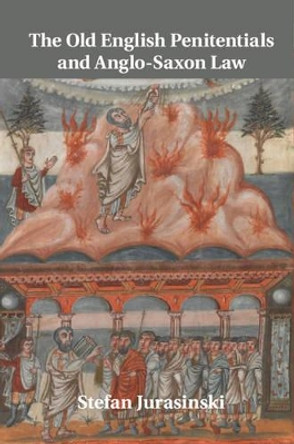One of the great triumphs of nineteenth-century philology was the development of the wide array of comparative data that underpins the grammars of the Old Germanic dialects, such as Old English, Old Icelandic, Old Saxon, and Gothic. These led to the reconstruction of Common Germanic and Proto-Germanic languages. Many individuals have forgotten that scholars of the same period were interested in reconstructing the body of ancient law that was supposedly shared by all speakers of Germanic. Stefan Jurasinski's
Ancient Privileges: Beowulf, Law, and the Making of the Germanic Antiquity recounts how the work of nineteenth-century legal historians actually influenced the editing of Old English texts, most notably
Beowulf, in ways that are still preserved in our editions. This situation has been a major contributor to the archaizing of
Beowulf. In turn, Jurasinski's careful analysis of its assumptions in light of contemporary research offers a model for scholars to apply to a number of other textual artifacts that have been affected by what was known as the historische Rechtsschule. At the very least, it will change the way you think about
Beowulf.
About the AuthorStefan Jurasinski is Associate Professor and Director of Graduate Studies in the Department of English at SUNY Brockport, USA. With R.D. Fulk, he is the editor of
The Old English Canons of Theodore . He is currently at work on a monograph entitled
Secular Law and the Old English Penitentials as well as a collaborative edition of
The Laws of Alfred and Ine.
Book InformationISBN 9780937058985
Author Stefan JurasinskiFormat Paperback
Page Count 193
Imprint West Virginia University PressPublisher West Virginia University Press
Weight(grams) 333g
Dimensions(mm) 228mm * 162mm * 12mm







